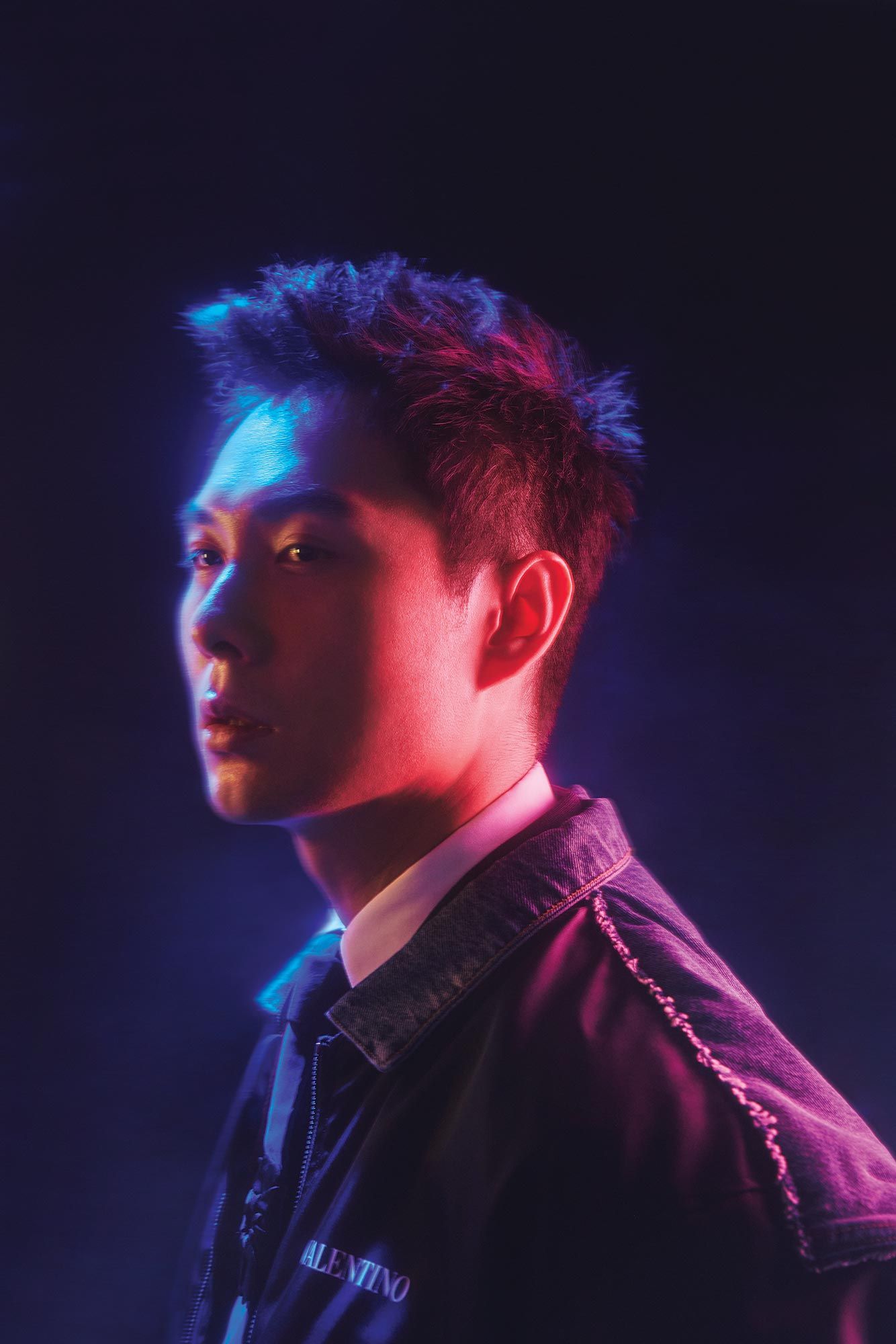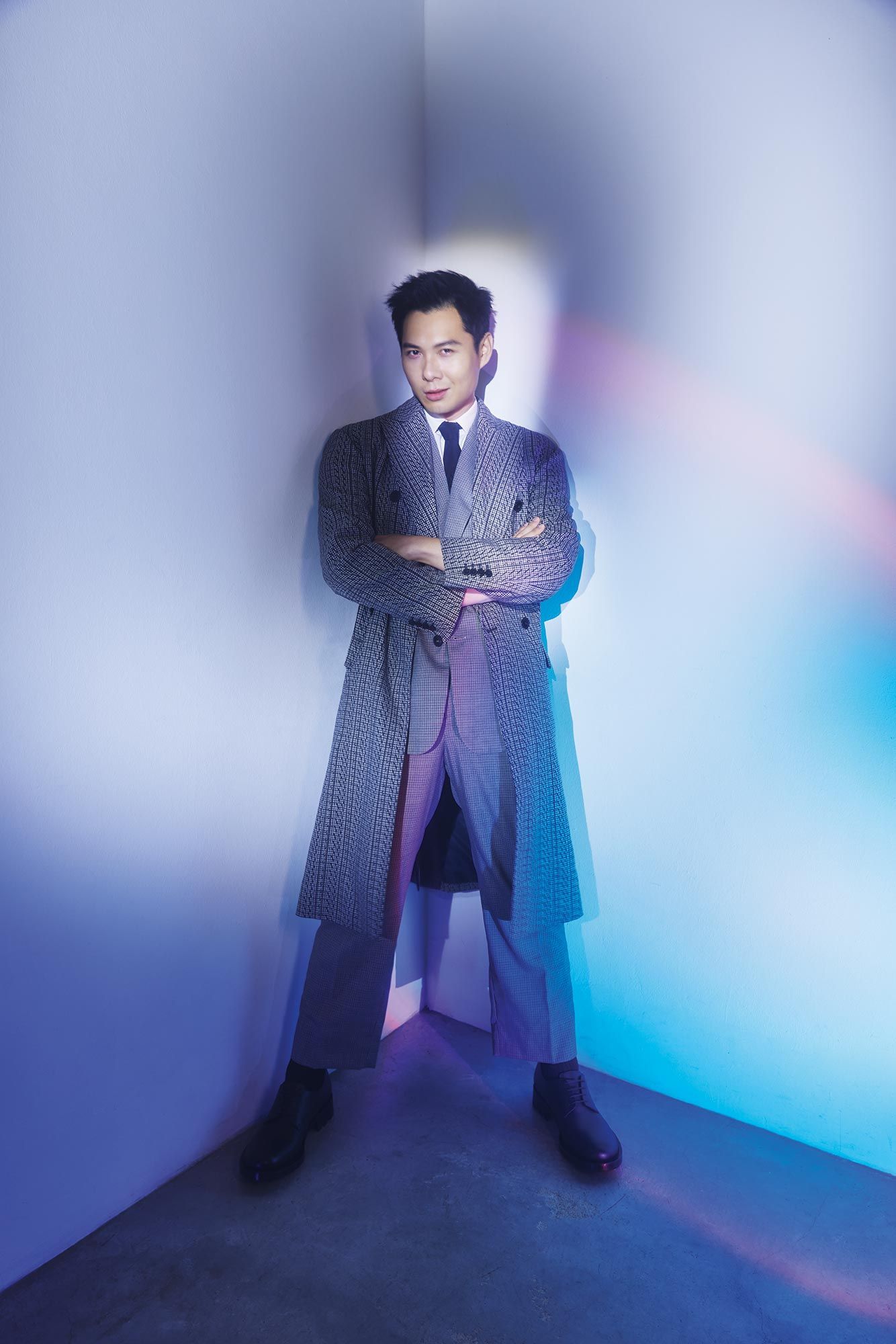Singapore filmmaker Anthony Chen on his existential crisis during lockdown, directing a movie from his basement bedroom in London and making his third feature film with the same two lead actors
The year 2020 has been a write-off for much of the world, but for Singapore filmmaker Anthony Chen, you could say it’s been a write-on. As the planet ground to an almost standstill, the 37-year-old award-winning auteur took just a year to write his third feature film, titled We Are All Strangers. It’s a resounding achievement, considering he took three years to write 2019’s Wet Season, his follow-up to Ilo Ilo, the debut feature film which put him—and Singapore filmmaking—on the cinematic map. The 2013 movie garnered Chen the prestigious Caméra d’Or, an honour a filmmaker can only win once in his or her life, for the best first feature film presented in one of the Cannes Film Festival’s selections.
Not that the year in lockdown has been all smooth sailing for Chen. Like many of us, he struggled. He angsted. He worried about the theatrical release of Wet Season and the fate of filmmaking, when the pandemic rained out his sophomore feature’s chances of doing well at box offices with cinemas shuttered across the globe. “I was having very much a real existential crisis,” he tells us. “It really made me question if there was still hope for cinema and if audiences will return to the theatres when they reopen. And if they do, whether it would only be for the big studio tentpole films, from Marvel, Pixar and the like. Will a filmmaker like myself that makes sensitive, delicate and nuanced films still have a voice?”

But if there’s a word we have all become familiar with since the inception of Covid-19, it’s “pivot”, and along with that, the fact that the world doesn’t stop turning. Chen transformed his time in lockdown into a productive period of writing and developing new projects, and he and his team pivoted and rallied to make a short film remotely, with Chen directing from his basement bedroom in London, where he is based, working with actors and crew in Beijing.
The result of that is The Break Away, part of a highly-anticipated seven-segment film named The Year of the Everlasting Storm. It features seven stories centred on the pandemic by seven auteurs, and debuted at last month’s Cannes Film Festival. Chen says the opportunity to work on this saved him. “It made me feel like I had properly made something, existed as a person, in a year when everything was just doom and gloom.”

